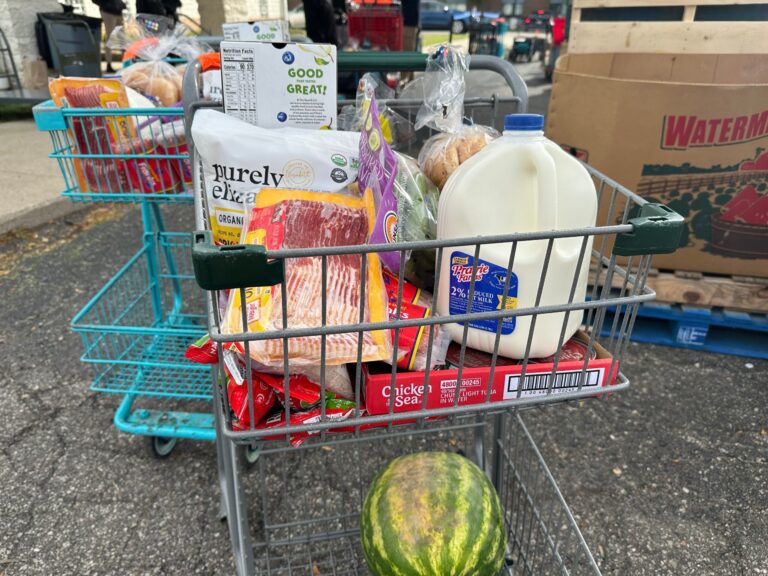Food Aid Benefits Halted Amid Ongoing Government Shutdown
As the federal government shutdown continues into its fourth week, nearly 30 states are grappling with the impact on the Supplemental Nutrition Assistance Program (SNAP). Federal officials have confirmed that all food aid benefits will cease, leaving millions without crucial nutrition assistance.
Key Details of the Government Shutdown’s Impact on SNAP
-
No Benefits Issued for November: The U.S. Department of Agriculture (USDA) has publicly announced that no SNAP benefits will be disbursed on November 1. This cessation affects vulnerable populations, including mothers and children across the states.
-
Political Blame: The announcement carries a partisan tone, indicating that Senate Democrats are largely responsible. The USDA’s banner states that they voted 12 times against funding the food stamp program, leading to the current crisis.
- Financial Strain: "Bottom line, the well has run dry," declares the USDA message, highlighting the urgency of the situation as the shutdown continues.
Overview of the State Impact
States Affected by the Cessation of Benefits:
-
Texas: Approximately 3.5 million residents may lose around $614 million in SNAP benefits this November. Notably, 1.7 million children will be impacted.
-
Illinois: A total of 1.9 million residents are facing a complete loss of benefits if the shutdown persists; the state lacks approximately $350 million in federal funds to continue the program.
- Arkansas and Oklahoma: These states are urging SNAP recipients to seek alternative food sources, including local food pantries.
Urgency for Legislative Action
With the shutdown nearing a month, Democrats, including Senator Chris Murphy of Connecticut, are calling for negotiations. "The reality is, if they sat down to try to negotiate, we could probably come up with something pretty quickly," Murphy stated during a recent CNN interview. He noted that a resolution could see the government reopened and SNAP benefits reinstated within days.
Contingency Funds Controversy
Democratic lawmakers have pressured Agriculture Secretary Brooke Rollins to utilize nearly $5 billion in contingency funds to sustain SNAP benefits. However, a USDA memo clarifies that these funds are reserved for specific emergencies, stating they are not legally available for regular benefits. For instance, the memo cites Hurricane Melissa as a reason these funds must remain untouched.
The Broader Implications
As food insecurity looms larger, state officials are emphasizing the critical need for a resolution. The repercussions of the shutdown extend beyond immediate food aid, affecting local economies and public health.
What Can Individuals Do?
In the absence of federal assistance, affected individuals may consider the following steps:
- Utilize Local Resources: Seek assistance from local food banks and pantries.
- Stay Informed: Regularly check state announcements regarding SNAP updates and potential eligibility for support programs.
Conclusion
The ongoing shutdown is not just a political matter; it has real-world consequences for millions of Americans relying on food assistance. The urgent need for bipartisan dialogue has never been clearer, as the stakes continue to rise for those who depend on SNAP for their daily sustenance.
Related Resources
For ongoing updates on the government shutdown and its effects on federal assistance programs, stay tuned to reputable news sources and official government channels.


